However, to realize the goal of ensuring national energy security by 2030, with a vision to 2045 according to Resolution 70-NQ/TW on ensuring national energy security by 2030, with a vision to 2045 (Resolution 70), the electricity industry still faces many bottlenecks that need to be promptly resolved.

Expanded but not synchronized
Mr. Pham Nguyen Hung - Director of the Electricity Department ( Ministry of Industry and Trade ) said that the Ministry of Industry and Trade has urgently developed an Action Program to implement Resolution 70, focusing on perfecting institutions, supervising planning, energy strategy and ensuring national energy security.
According to the Electricity Authority, if in 2012 there were only 31 factories participating in the market with a total capacity of 9,212 MW, then by 2025 this number had increased nearly 3.8 times, reaching 118 factories with a total capacity of about 34,080 MW. Notably, the private sector accounts for nearly 51% of the total number of factories - a positive signal showing that the market is gradually opening up and attracting social capital to invest in power source development.
However, the Electricity Authority also pointed out a series of long-standing problems such as: The rate of electricity sources participating in the market is low, the competitive wholesale electricity market has not really opened, the ancillary service market has not been formed, the output contract mechanism (Qc) has not been effective, negotiations on power purchase agreements (PPA) are prolonged, there is a lack of risk management tools and retail prices are still cross-subsidized between customer groups.
Minister of Industry and Trade Nguyen Hong Dien affirmed that Resolution 70 is a "practical imperative", requiring the Government and the Ministry of Industry and Trade to synchronously deploy institutional, technical and market solutions.
The Ministry of Industry and Trade has completed the Electricity Law (amended) in 9 months, and issued many decrees, circulars, and decisions, along with the adjusted Power Plan VIII, which will create a clear direction for attracting investment in power source development. The Ministry also separated the National Power System Control Center (A0) into the National Power System and Electricity Market Operation One Member Limited Liability Company (NSMO), ensuring independence and transparency.
There are currently more than 140 factories offering prices, 5 electricity distribution corporations and hundreds of retail units besides the Electricity Trading Company - the only wholesaler. Regarding electricity prices, the Government issued Decree 72/2025/ND-CP stipulating the mechanism for adjusting retail prices, price frameworks for electricity generation, import, transmission, and ancillary services; reforming the household price list to 6 levels; adding prices for tourism and electric vehicle charging; preparing to pilot a two-component electricity price from the end of 2025.
Minister Nguyen Hong Dien emphasized that Vietnam's electricity market is not yet fully developed; many bottlenecks need to be removed, especially in attracting investment, negotiating electricity prices and making electricity price mechanisms transparent to form a competitive electricity market, creating momentum for energy development.
Unleash institutions, attract private sector

Dr. Nguyen Quoc Viet – economic expert, former Deputy Director of VEPR, assessed: “The highlight of Resolution 70 is the drastic institutional reform – removing the ‘bottleneck of all bottlenecks’. When the private sector is allowed to participate equally in all stages, the electricity market will be truly competitive and effective.”
The socialization of electricity transmission, distribution and retail is a key step forward. When the retail market opens, consumers will benefit directly – transparent prices, diverse services, including “green electricity” packages. Investing in energy storage infrastructure such as batteries, LNG warehouses, and petroleum warehouses is also a great opportunity for private enterprises. Dr. Nguyen Quoc Viet proposed a transparent public-private partnership design, linked with technological innovation and the construction of a national energy industry center, towards a green, smart, and sustainable energy ecosystem.
According to the revised Power Plan VIII, in the next five years, power capacity must triple, from 81,000 MW to 234,000–251,000 MW. This is a great pressure in the context of limited investment resources, high capital costs, and the private sector is still hesitant to participate due to pricing mechanisms and policies, foreign currency conversion, and power purchase contracts.
Minister Nguyen Hong Dien emphasized that it is necessary to eliminate cross-subsidy of electricity prices between customer groups, issue regulations on distribution and transmission service prices according to the principle of "correct and sufficient calculation", and at the same time perfect the management mechanism of primary fuels for power generation - especially gas and LNG to ensure efficiency, transparency and energy security.
To put Resolution 70 into practice, the Ministry of Industry and Trade has assigned specific tasks: The Electricity Department is the focal point for advising and organizing the implementation of the roadmap for operating the competitive wholesale and retail electricity market. The Department of Oil, Gas and Coal has completed the draft Resolution on the Action Program to implement Resolution 70, proposing a mixed gas price mechanism and incentives for gas and LNG electricity.
The Legal Department coordinates to support the drafting of legal documents, ensuring a synchronous legal framework. Large energy corporations such as Vietnam Electricity (EVN), Vietnam National Energy Corporation (PVN) and Vietnam National Coal and Mineral Industries Group (TKV) proactively coordinate, even sending seconded staff to support the Ministry of Industry and Trade in completing a large amount of work, towards the common goal of ensuring national energy security by 2030, with a vision to 2045.
There is still much work to be done in implementing Resolution 70, but the direction is clear: Developing an open, transparent, and competitive electricity market, the foundation for the electricity industry to develop substantially, ensuring energy security and promoting the country's economic development.
Final Lesson: Measuring Resilience to Change
Source: https://baotintuc.vn/kinh-te/buoc-ngoat-chien-luoc-cho-nang-luong-viet-nam-bai-3kien-tao-thi-truong-dien-canh-tranh-thuc-chat-20251014073914385.htm








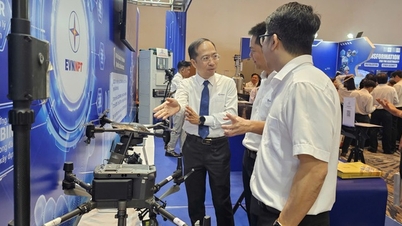


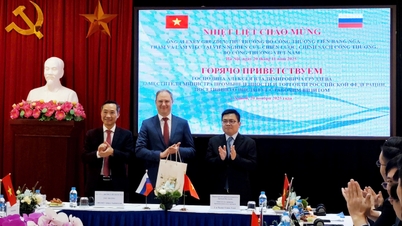

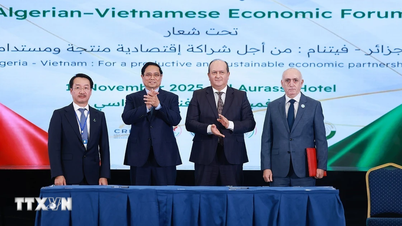

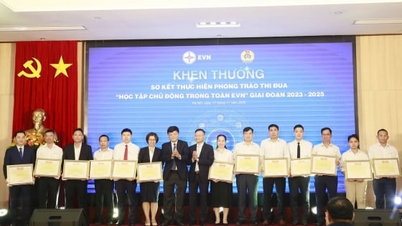


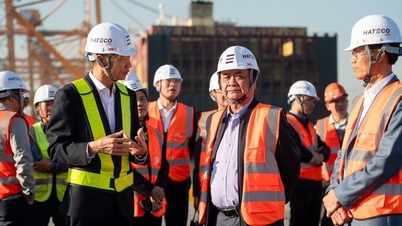




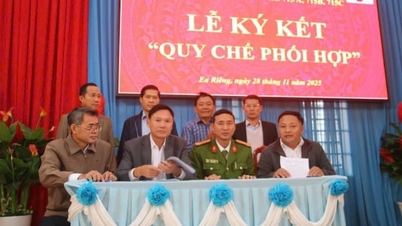






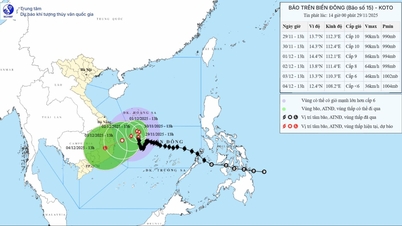

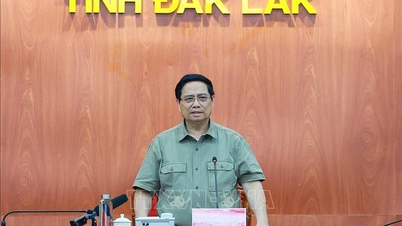






















































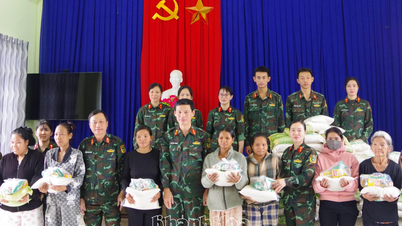























Comment (0)